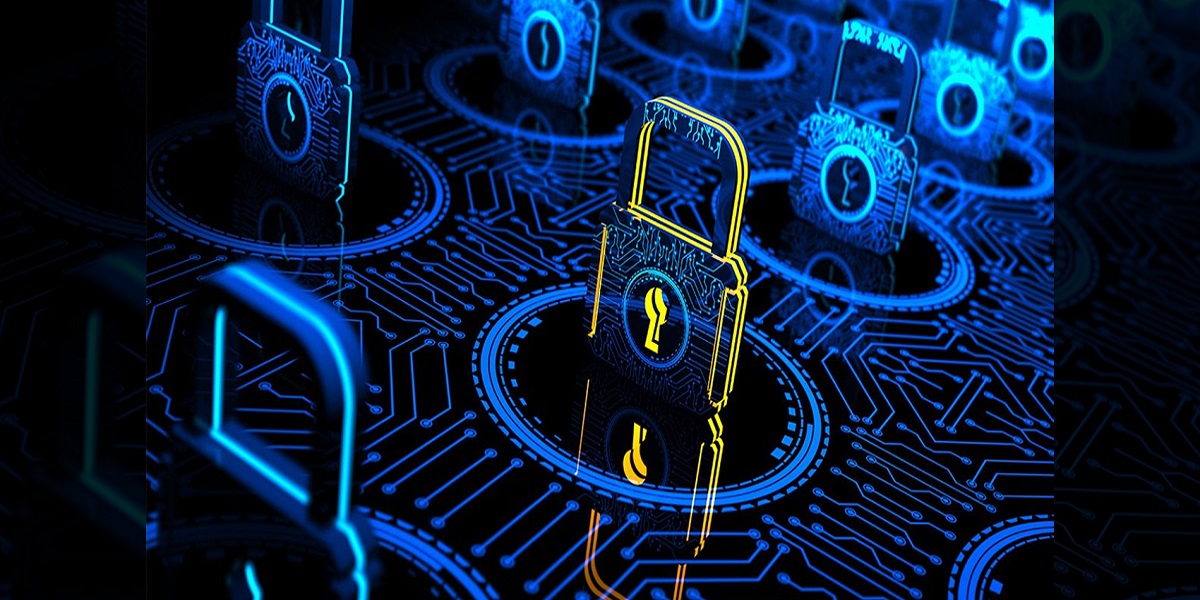
Best Cybersecurity Tips For Your Startup
- By Jack
- 05-07-2021
- Misc
If you go through the news headlines in tech blogs, you’ll see events related to privacy breaches. However, there’s a good chance you’ll only see the data breaches affecting big companies on the front page.
This phenomenon has given rise to an assumption that hackers only target big businesses. In fact, in reality, cybercriminals also target startups, small businesses, and medium firms. In the case of startups, a lot of attention is placed on issues like attracting potential investors, setting roadmaps, and building market strategies, while cybersecurity is often deprioritized, which explains why they are vulnerable to attacks
Different internet security risks threaten startups. They include:
Ransomware: Ransomware is a special kind of malware that restricts access to a computer unless a ransom is paid. A startup can settle a ransom in the range of a few thousand to hundreds of thousands of dollars.
Phishing: Phishing is a hacking method that deceives a victim to steal login credentials. The deceit is made possible by encoding a bogus website to resemble a valid one. Any user that lands on the page from an email and inserts login details will most certainly get hacked.
The effects of a hack on a startup can be disastrous and even lead to the death of a business. Even if there’s minimal loss of finances, other firms might avoid the affected firm to protect sensitive information.
Security Tips for Startup Protection
1. Secure Systems with Passwords and Two-Factor Authentication
Firm devices that house sensitive data should be secured with strong passwords. A rival company could hire a criminal to get a hold of computers and printers physically.
Administrator access to online workspaces also needs to be strengthened with a password. A weak online system can get penetrated, and the files on it exposed. Anyone with an account on the organization’s remote workspace should have two-factor authentication activated.
Two-factor authentication makes sure that a hacker is kept out even if an employee’s login credentials get phished.
2. Protect Bank Information
Bank information or any data related to the startup’s finances should be kept safe. The information should be used only on highly trusted websites. For instance, a business with a credit card should shop only on an HTTPS-protected website with credibility.
3. Provide Network Security Software
A great example of network security software is a VPN (Virtual Private Network). Hackers can break into a network to steal files, copy activity and siphon log-in credentials from intra-connected computers. Nevertheless, with a VPN, your office network is protected from hackers and spies.
In a situation where an employee is browsing company files while on public Wi-Fi, there’s a chance a hacker could be monitoring the network. When you subscribe to a VPN service and connect to a server, every bit of data passing through your network becomes encrypted.
4. Update System Software
A system software update is the simplest solution to ransomware. Software updates come with security fixes and better performance. They effectively stop ransomware which practically preys on software code loopholes.
You can activate automatic system updates on devices. Note that software development on the computers also needs to be frequently updated too.
Final Thoughts
Since startups tend to focus more on other business sectors and less on cybersecurity, they’re prime targets for hackers. Using a variety of techniques like phishing and ransomware, cybercriminals can penetrate users’ networks. To better protect your startup, ensure you look into the tips mentioned above.
Recent blog

Crafting Eye-Catching Instagram Reels In Just 9 Easy Steps
Social Media | 25-04-2024.png)
Boost Sales and Conversions with Shopify's New AI-Powered Semantic Search
E-commerce | 24-04-2024




